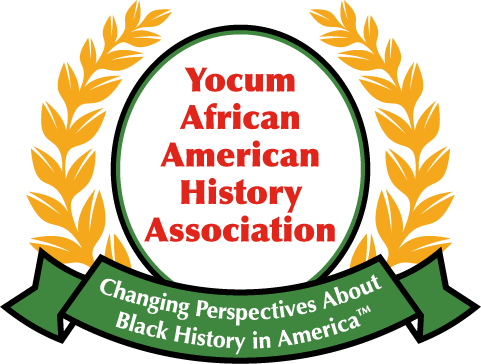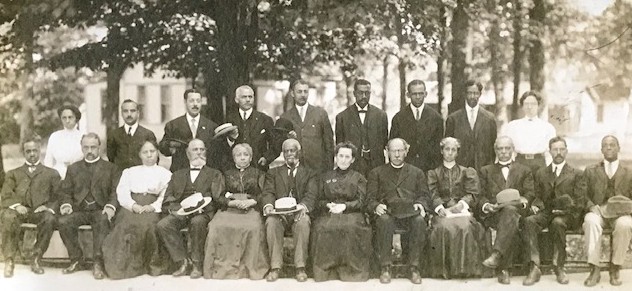Black history is a complex tapestry woven with diverse experiences, cultures, struggles, and triumphs. It spans centuries marked by cultural traditions, intellectual achievements, and heroic resistance against injustice. Black history is not just about slavery or the fight for civil rights but a story of kingdoms and empires, scientists and scholars, artists and musicians, entrepreneurs, and innovators. We can tackle the generalities and stereotypes by actively cooperating to learn and share stories.
Cooperation breaks down the stereotypes. It would involve learning from diverse sources, researching the validity of narratives, and discussing them. Challenge the stereotypes and break down the nuanced views. For example, innovations by African Americans are often overlooked. Ones like George Washington Carver, Katherine Johnson, and Mark Dean are overlooked for their contributions. When thinking about science and technology, one does not think about them or others who contributed to this field.
Educating about these and others further tears down the stereotypes. Education opens the way to learning a better, enriching history that celebrates the heroes and cooperation of culture of the tapestry of Black History. Cooperation within all aspects of Black History aspects creates a completer and more accurate picture.
As we talk about Black History and cooperation, stereotypes and generalizations are taken down. We learn about the achievements, struggles, cultures, and experiences that make up the complexity of the Black Historic tapestry. So, not only gain knowledge but remember the diversity and cooperation to complete the Black History story and build a more inclusive and equal opportunity world.

